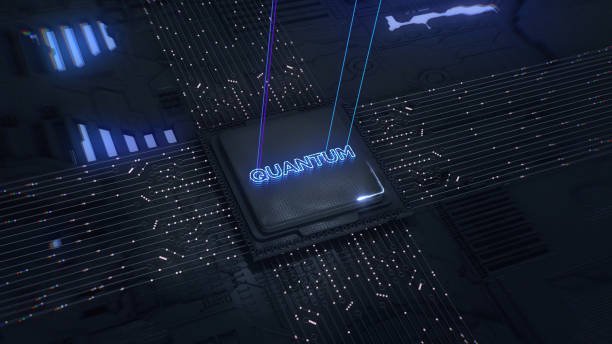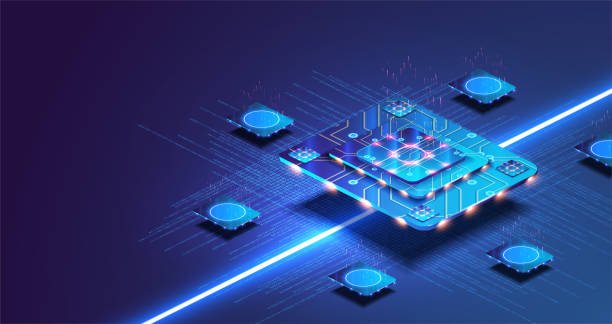What is the Quantum computing
Quantum computing is an emerging field that uses the principles of quantum mechanics to process and manipulate information.
What is the Quantum computing
Quantum computing is an emerging field that uses the principles of quantum mechanics to process and manipulate information.
1. In contrast quantum computing uses quantum bits or qubits which can represent either O or 1.This allows quantum computers to perform multiple calculations simultaneously which certainly increases the potential speedup. Types of problems of the other regardless of the distance between them. This enables quantum computers to perform highly parallel calculations and solve some problems more efficiently than classical computers.
2. These challenges include error correction decoherence (loss of quantum coherence) and scalability. Despite these obstacles the potential applications of quantum computing are vast ranging from cryptography and optimization problems to drug discovery and materials science.
Here are some of the main types
1. Gate-Based Quantum Computing - This type of quantum computing relies on manipulating qubits through quantum gates similar to classical logic gates. Qubits are initialised, manipulated and measured to perform calculations. Examples of gate-based quantum computing systems include superconducting qubits trapped ions and semiconductor-based qubits for adiabatic quantum computing. Adiabatic quantum computing focuses on evolving the system from an initial state to a final state that represents the solution to a computational problem that drives it. Gradually changing from an operator preparing the system's Hamiltonian (an operator representing the energy of the system) to one encoding the solution. Quantum annealing approach used by D-Wave Systems example of adiabatic quantum computing. Topological quantum computing. This type of quantum computing relies on the principles of topological quantum states where qubits are encoded in the non-local properties of exotic particles called qubits. Topological quantum computing aims to create qubits that are more robust against errors due to their topological nature Microsoft's approach with their topological qubits based on Majorana fermions is an example in this domain.
2. Quantum Annealing - Quantum annealers are specialised quantum computers designed to solve optimization problems. They work by evolving the system toward the lowest-energy state corresponding to the optimal solution to the problem. D-Wave Systems is a leading provider of quantum annealers.
3. Photonic Quantum Computing - Photonic quantum computing uses photons (particles of light) as qubits. Photonic qubits can be manipulated using optical elements such as beam splitters and phase shifters. This approach provides the potential for high-speed quantum operation and long-distance quantum communication due to the low interaction of photons with their environment.
4. NMR Quantum Computing - Nuclear magnetic resonance (NMR) quantum computing uses the spin of atomic nuclei as qubits in a magnetic field. Although this approach has been influential in early quantum computing research it faces challenges in scalability and error correction.
Summarising quantum computing
1. Qubits Quantum computers - Qubits Quantum computers use qubits which due to superposition can represent 0 1 or both simultaneously unlike classical bits which are either O or 1.
2. Superposition Qubits - Superposition Qubits can exist in multiple states at once enabling quantum computers to perform multiple calculations simultaneously.
3. Quantum Gates - Quantum Gates Quantum calculations are performed using quantum gates which are similar to classical logic gates to manipulate qubits.
4. Quantum Algorithms - Quantum algorithms like Shor's algorithm and Grover's algorithm use quantum properties to solve some problems faster than classical algorithms.
5. Decoherence - Decoherence is a challenge in quantum computing where qubits lose their quantum properties due to interactions with the environment leading to errors.
What's Your Reaction?




















